Summary
Hormones and Weight…. Hormones play a vital role in regulating weight, metabolism, blood sugar, insulin, and fat storage in the body. As we age, hormone imbalances triggered by stress, poor diet, and lack of exercise can lead to unexplained weight gain. Symptoms of hormone imbalance include difficulty losing weight, weight gain in belly, hips, and thighs, high BMI, loss of lean muscle, and increased appetite/cravings. ZRT’s Weight Management Profile is an at-home test that can help identify hormone imbalances. Common imbalances include cortisol, vitamin D3, estrogen/progesterone, testosterone/DHEA, TSH, and fasting insulin. Perimenopausal, menopausal, and postmenopausal women may experience weight gain due to hormone fluctuations. Testing can help tailor a treatment plan for individual needs.
Did you know
Hormones are key players in regulating weight, metabolism, blood sugar, insulin, and when and where the body stores fat.
As we age, shifting hormones complicated by chronic stress, poor diet, lack of exercise, etc., trigger numerous symptoms of imbalance
– including unexplained weight gain. The good news is that there is a simple, at-home test that can identify whether you’re one of the thousands affected.
What are the signs?
- Difficulty losing weight despite dieting and exercising
- Weight gain with belly fat
- Weight gain in hips and thighs
- High Body Mass Index (BMI)
- Loss of lean muscle
- Increased appetite/cravings
Hormone Triggers
Women with hidden hormone imbalances often can’t lose weight as easily as they have in the past.
Or they now have immovable belly fat they never had before.
It’s important to know that weight gain caused by hormone imbalances can occur at any age. In younger premenopausal women 20 to 30 years old, irregular cycles or lack of ovulation can lead to imbalances and premenstrual weight gain, fluid retention and sugar cravings made worse by stress, yo-yo diets, birth control, etc. Men with a hormone imbalance often notice that body fat is taking the place of lean muscle as testosterone and dehydroepiandrosterone (DHEA) levels decline around age 40. The more pounds gained, the more testosterone turns into estrogen in fat cells, with further drops in metabolism. Related imbalances of cortisol and insulin in both sexes can impair thyroid function and raise risks for metabolic syndrome and diabetes.
Do These Symptoms Sound Familiar?
Women
- Weight gain in hips, thighs, buttocks
- Increased appetite/sugar cravings
- Sluggish metabolism
- Premenstrual weight gain
- Mood swings/premenstrual syndrome (PMS)
- Heavy/painful or irregular cycles
- Hot flashes/night sweats foggy thinking stress and irritability fatigue and difficulty sleeping
- Low libido
Men
- Belly fat and Sluggish Metabolism
- Decreased lean muscle/increased body fat
- Decreased strength and stamina
- Sore muscles prostate problems
- Increased appetite/sugar cravings
- High stress/burnout
- Irritability poor concentration
- Low libido
The Imbalances – Behind Your Symptoms
Cortisol Imbalance:
- belly fat
- increased appetite
- sugar cravings
- impaired thyroid and metabolism
Vitamin D3 Deficiency:
- hyperinsulinemia
- belly (visceral) fat storage
Estrogen/Progesterone Imbalance:
- weight gain in hips and thighs
- water retention
- low thyroid
- sluggish metabolism
Testosterone/DHEA Imbalance:
- decreased lean muscle/increased body fat
- decreased metabolic rate
- abdominal obesity
TSH Elevated:
- hypothyroidism
- low metabolic rate
- difficulty losing weight
Fasting Insulin Elevated:
- insulin resistance/metabolic syndrome
- abdominal obesity
HbA1c Elevated:
- predictive of type 2 diabetes
Menopause & Weight Gain
Perimenopausal women 40 to 50 years old experience a “roller coaster” of symptoms such as weight gain, belly fat and sugar cravings caused by fluctuating hormone levels in the years leading up to menopause.
In menopausal women 50 + years old who no longer ovulate, progesterone production plummets. This creates a relative surplus of estrogen – a condition of estrogen dominance – that promotes weight gain in the hips and thighs, water retention and a sluggish metabolism. Postmenopausal women often mark the end of periods with the beginning of their real struggles with weight. Testing takes the guesswork out of treatment–making it possible for us to tailor a program just for you.
Read more artices about Bio-Identical Hormone Replacement Therapy


Subscribe To Our Newsletter
Join our mailing list to receive the latest news and updates from our team.
You have Successfully Subscribed!